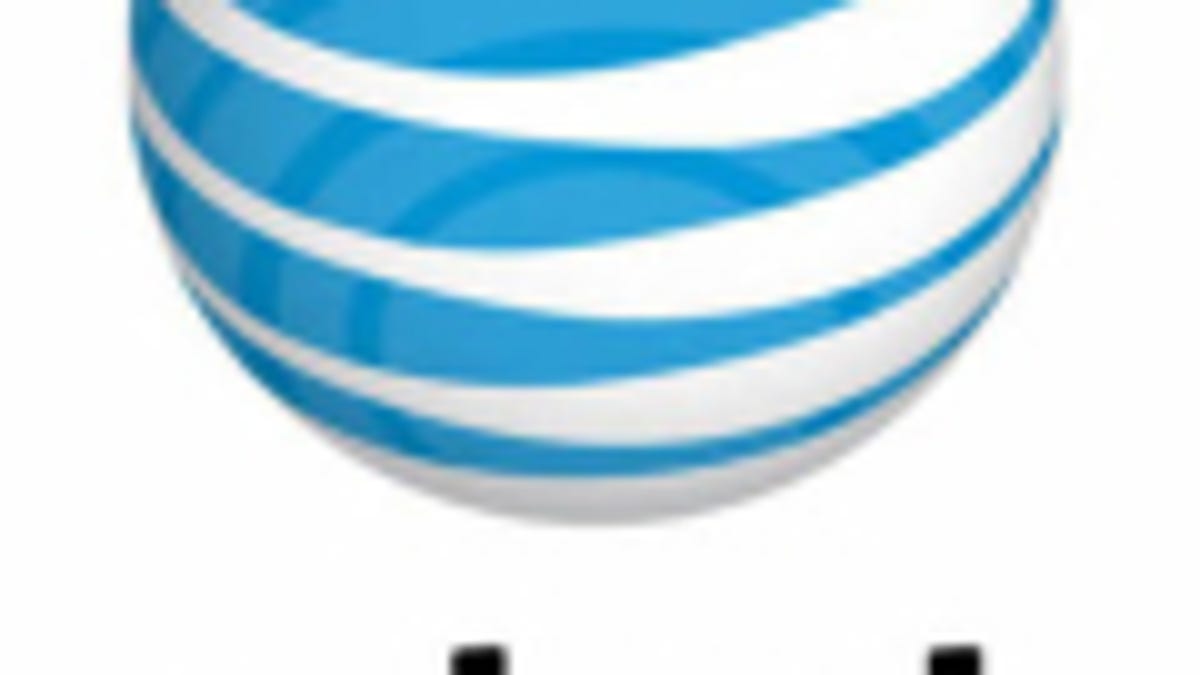AT&T to acquire T-Mobile USA for $39 billion
T-Mobile's 33 million subscribers will give AT&T the dominant position in the mobile market and leave the U.S. with only one GSM carrier.

In a blockbuster mobile deal, AT&T announced today it had agreed to acquire T-Mobile USA from Deutsche Telekom for $39 billion.
The acquisition would make AT&T the dominant wireless player in the U.S. with the addition of more than 33 million subscribers to its 95.5 million customer user base, giving it a new total of more than 129 million subscribers. The merger would push AT&T past Verizon Wireless, which would become the U.S. second largest wireless carrier with a little more than 102 million subscribers.
"This transaction represents a major commitment to strengthen and expand critical infrastructure for our nation's future," AT&T Chairman and CEO Randall Stephenson said in a statement announcing the deal. "It will improve network quality, and it will bring advanced LTE capabilities to more than 294 million people."
Under the terms of the deal, AT&T will pay $25 billion in cash and the remainder in stock, giving Deutsche Telekom an 8 percent stake in AT&T and a seat on its board of directors. The deal has been approved by both boards of directors but is still subject to regulatory approval, which is expected to take up to a year to complete.
Winning regulatory approval may be tricky. The Federal Communications Commission warned in a report last May that the wireless industry was becoming more concentrated and indicated that 60 percent of the nation's subscribers and revenue come from the country's two largest wireless providers: AT&T and Verizon Wireless.
In addition to the size of the combined subscriber bases, antitrust regulators are likely to be concerned that the deal will also merge the two largest GSM carriers in the U.S., giving customers only one carrier to choose from if they want to use that wireless standard. GSM is the dominant global wireless technology and the standard in Europe, meaning that U.S. cell phone users who travel frequently will need to carry one of AT&T's phones.
The deal will also give T-Mobile users access to a planned 4G wireless network using LTE, or Long Term Evolution technology. T-Mobile has HSPA+, which delivers 4G-like speeds, but it's not a real 4G technology and the company hasn't announced any plans for network expansion beyond HSPA+.
AT&T-T-Mobile: By the numbers
The announcement comes on the heels of rumors that Sprint Nextel was getting ready to make an offer for Bellevue, Wash.-based T-Mobile.
There has been a lot of speculation recently over what the German parent company Deutsche Telekom would do with T-Mobile USA. Deutsche Telekom CEO Rene Obermann said at the company's annual meeting last May that he was not "fully satisfied" with T-Mobile USA's performance, and there were reports that Deutsche Telekom was looking into an initial public offering that could lead to spinning off T-Mobile USA.
CNET's Kent German contributed to this report.

